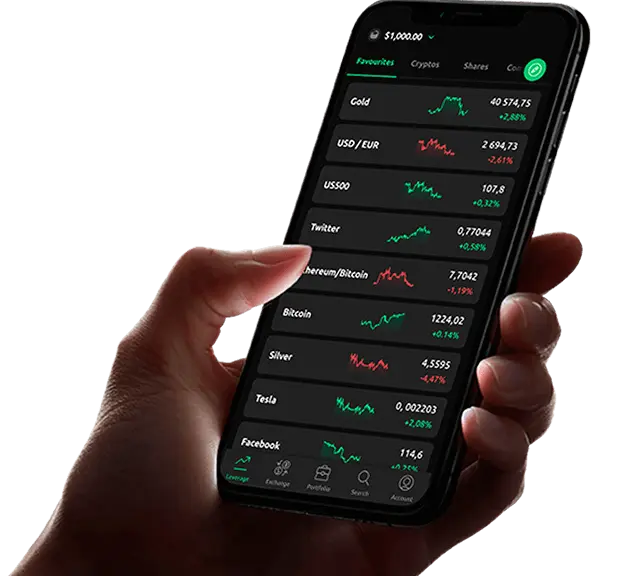Transferable securities are financial instruments which can be freely bought and sold

Transferable securities meaning
Transferable securities are those financial assets that can be freely exchanged between participants in capital markets.
There are numerous assets that are classed as transferable securities, such as shares in companies (listed or unlisted), bonds, other forms of secured debt, and some forms of derivatives (futures, options, or swaps).
What are transferable securities?
The European Commission’s Undertakings for Collective Investment in Transferable Securities (UCITS) Directive defines certain criteria for transferable securities.
According to UCITS, transferable securities should adhere to the following criteria:
- The maximum loss which could arise is limited to the sum used for the purchase of the securities
- There is liquidity for the security, and it is not obstructing the UCITS redemption facilities
- There is an accurate assessment of the value – the price of the security
- An adequate level of information is available
- The securities are negotiable, meaning that they can be traded on capital markets
- Adequate risk management is set in place, and the associated risks are adequately accounted for.
The UCITS directive is a consolidated directive by the European Commission, which defines the rules and regulations for mutual funds in Europe. UCITS funds can conduct their activities in different member countries of the European Union and sell shares to investors in other countries.
If securities do not satisfy the criteria, they are classified as non-transferable. An example of this would be a security which cannot be sold to another party.

